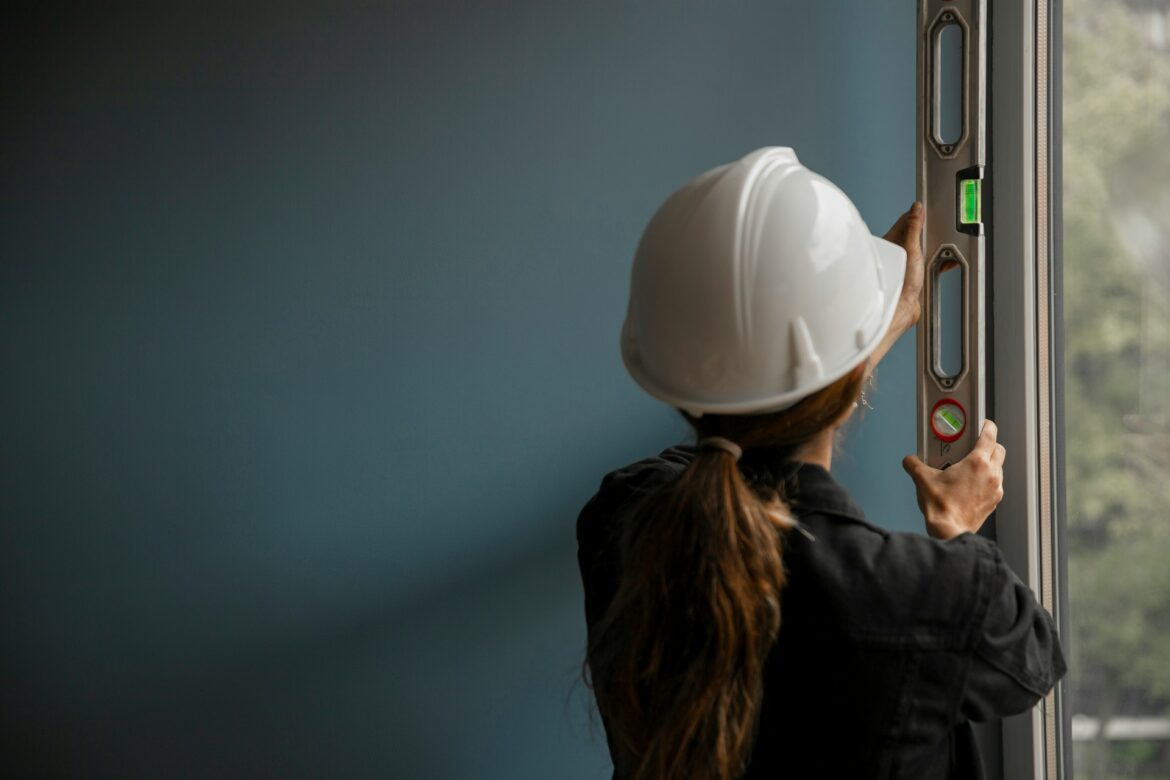Tradeswomen from across Ontario are gathering at Queen’s Park today to push for mandatory anti-discrimination training and better-fitting safety equipment, as new statistics show nearly two-thirds of women in construction face workplace discrimination.
The Ontario Building and Construction Tradeswomen planned to hold its first advocacy day at the legislature, meeting with Members of Provincial Parliament including Labour Minister David Piccini to address safety and inclusion issues on job sites.
The group wants the province to make anti-discrimination and anti-harassment training mandatory for all apprenticeships in Ontario, ensure access to properly fitting personal protective equipment for women and non-standard-sized workers, and enforce new washroom regulations with hot water access.
“We’ve made real strides in improving safety and inclusion on job sites,” said Karen Pullen, chairperson of the OBCT. “But there’s more work to do. Culture change doesn’t happen overnight—and by making ADAH training a standard part of apprenticeship, we’re setting the tone from day one.”
Harassment remains widespread problem
Recent data shows 64 per cent of women in construction report facing discrimination, while nearly half report sexual harassment. The statistics highlight ongoing challenges despite industry efforts to improve workplace culture.
The OBCT developed anti-discrimination and anti-harassment training that addresses root causes of workplace harassment and discrimination. The training is delivered free across Ontario but remains optional under current regulations.
“This is about building a stronger, skilled trades workforce—for everyone,” Pullen said. “When workers feel safe, respected, and seen, they stay. And that’s what Ontario needs.”
Safety equipment concerns
The advocacy group also highlighted safety equipment issues, with 90 per cent of tradeswomen reporting that poorly fitting personal protective equipment hampers their work. Only six per cent of women surveyed said their safety gear was designed for them.
Standard-issue safety equipment is often made for average male body measurements, leaving women and others with inadequate protection. Ill-fitting gloves, harnesses and coveralls can increase injury risk on construction sites.
Legislative gaps identified
While Ontario’s Occupational Health and Safety Act requires workplace policies against harassment and discrimination, it does not mandate training. Other provinces including British Columbia, Alberta and Quebec already require such training.
The OBCT represents part of the Provincial Building and Construction Trades Council of Ontario, which covers more than 150,000 construction workers throughout the province. The organization works to advance women in skilled trades and build a more inclusive industry.





